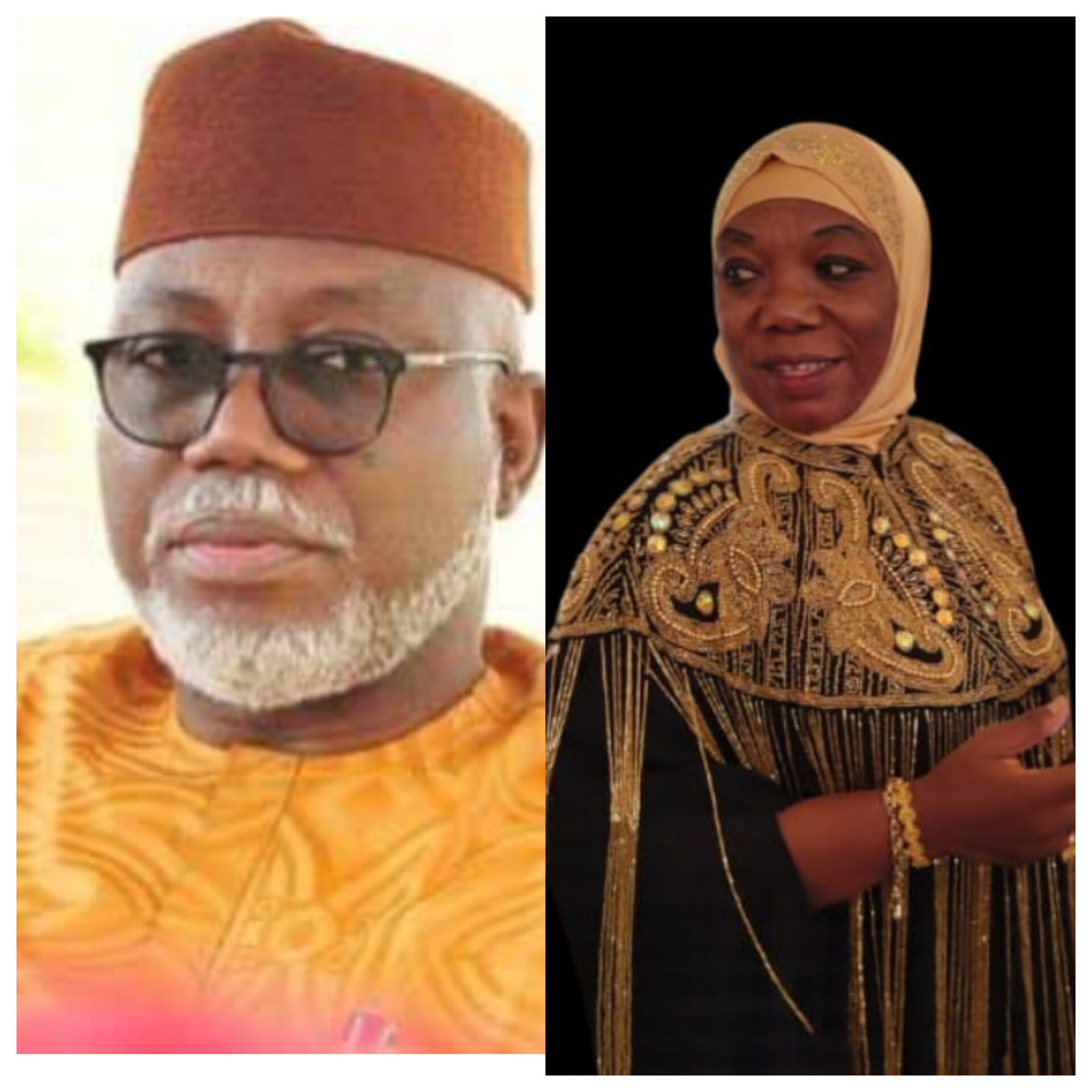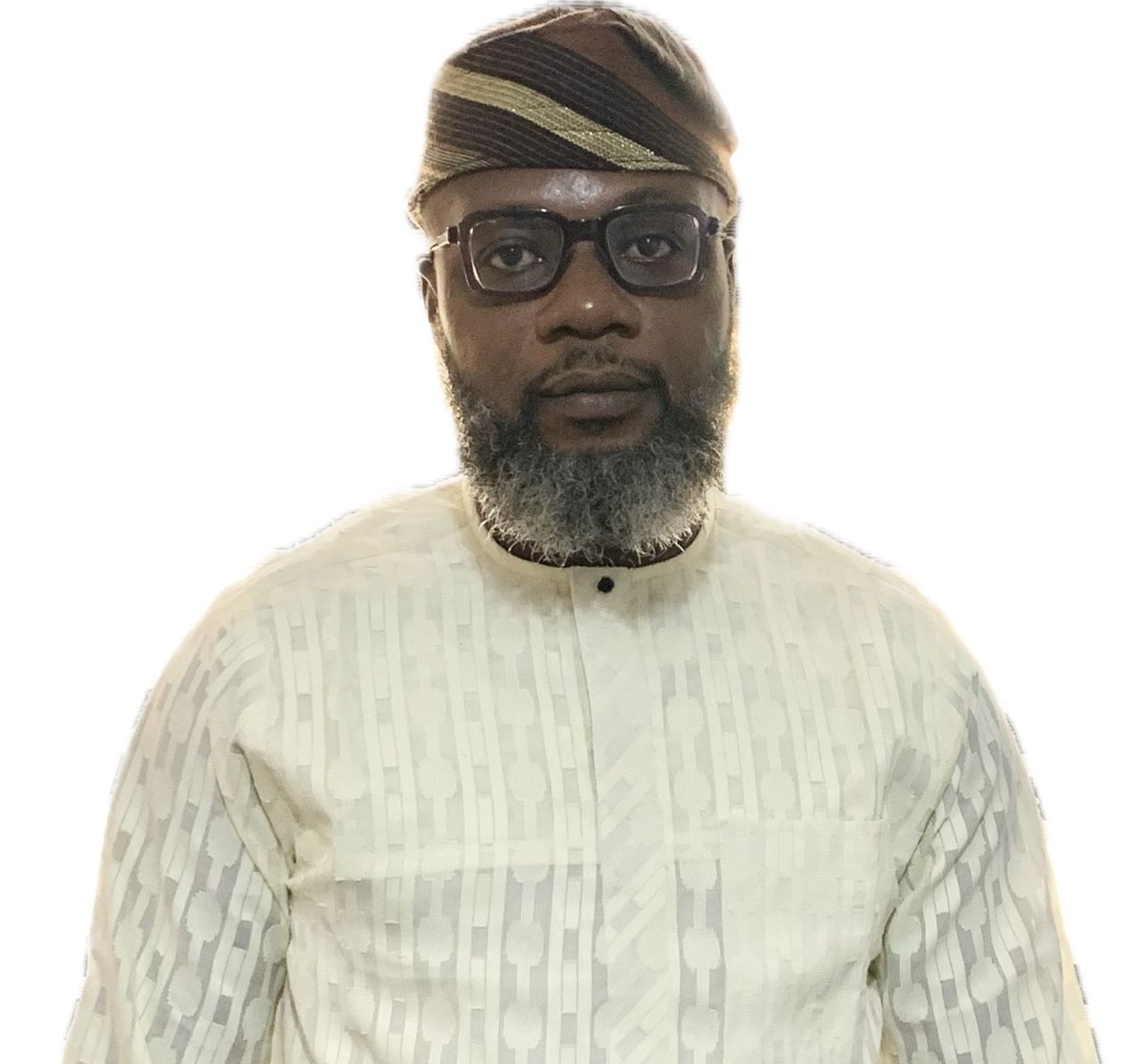Affirmative Action: Nigeria Still Ranks Below 35%. By Olushola Omogbehin


Despite the financial cacophony currently rocking the boat of our dear humanitarian ministry making an attempt to redefine womanhood in Nigeria, it would be less of an act of God and a great disservice to humanity to generalise such misdemeanor and thus exempt women from leadership equation. This presupposes that their pride of place vis-a-vis the full implementation of the National Gender Policy (NGP) after close to two decades of its approval by the Federal Executive Council in 2006, be expedited in order to align with what obtains in some smaller African countries like Namibia, Rwanda and Tanzania where same law has received full implementation. Regardless of the inability of President Bola Ahmed Tinubu to achieving this yet in his first ministerial appointments, it is a young administration that should be persuaded to inaugurate the historic 2022 declaration by a Federal High Court in Abuja, directing government to fully implement affirmative action.
National Gender Policy was developed in Nigeria to replace national policy on women in 2006 with the aim of allocating 35% of all appointments to women in order to combat every form of violence against them and creating gender equality. This law being a by-product of Nigeria’s signing of the International Convention on the Elimination of All Forms of Discrimination against Women, has suffered lack of implementation in Nigeria among all the nations in Africa that signed this treaty many years ago.
In Namibia for example, there is a gender revolution in the nation’s political system called Zebra Policy which was initiated in 2002 by the South West Africa People’s Organisation (SWAPO) with the aim of creating gender equality in parliament and male-female balance for ministerial roles. In implementing SWAPO, after the party successfully filled half of its seats in parliament with women, it later put policy in place called the ‘zebra’ system that guarantees that if a minister is a woman, her deputy must be a man and vice versa with shift of roles in subsequent elections. This later spread to other political parties and every sector of the society until it became an ideological conviction termed gender policy that calls for 50% gender equality in leadership positions in parliament, government and state owned enterprises, even more that NGP recommendation. This model guarantees that regardless of the adopted systems, women and men have equal opportunities.
Similarly, the fraction of seats occupied by women in Rwanda’s national parliament showed that out of the 80 seats in the lower house, 51 were occupied by women which stands at 63.8% while the upper house has 10 seats for women out of 26 seats, which put women representation at 38%. In Ethiopia, women sit on 22 out of the 135 seats in the upper house which translate to 16.3% while in Mozambique in 2019, the Permanent Secretary of UN Women in Mozambique Claudina Mazalo said women representation in the republic assembly stands at 42.2% with 45.4% of ministers at the executive level. Women representation of State Secretaries at the provincial level stood at 54.5% with 30% of governors at the provincial level. Beyond East Africa, in Senegal, 64 women make up 42.7% of the total 150 seats in the lower house while South Africa’s lower house has 166 women out of 396 seats and 19 out of 54 in the upper house, which represents 41.3 and 23.1 correspondingly.

In Nigeria conversely, it is sad that twenty six years after the adoption of the Beijing Declaration and Platform for Action which is a progressive roadmap for gender equality, NGP’s objectives of building an even society that is free from discrimination where the potential of every group regardless of race or sex are harnessed in order to promote the enjoyment of fundamental human rights are still absent because of lack of implementation. This has over the years made the National Gender law a nominal one with women representation reducing instead of increasing.
According to National Bureau of Statistics (NBC) for instance, in 2011, House of Representative had 93.9% male representation while female representation stood at 6.1% as against 96.3% male and 3.7% female in 2015. In the Senate, male representation in 2011 was 92.7% while female was 7.3%. The Senate of 2015 increased the number of male representation to 94.5% while female representation reduced to 5.5%. The state houses of assemblies cumulatively had male representation of 93.6% and 6.3% for female in 2011. In 2015, male representation jumped to 96.29% while female condensed to 3.7%. So far, the highest percentage attained was in 2007 when we had only 16.7% of women as deputy governors.
Worsening this situation, is the statistics of ministers in Muhammdu Buhari administration among which only about 7 were female while only about 4 from the 37 members of the Federal Character Commission were women. In addition to this, only about six from the 44 ministries under Buhari can boast of female heads with far less numbers of female representations in other MDAs and agencies. Apart from violating sections 147 and 42 of the Nigerian constitution and article 19 of the African Charter, the deliberate barring of women from leadership position could also be established to have violated section 14(3) of the Nigerian Constitution which mandates that the setting up of the government of the federation or any of its agencies must reflect the federal character of Nigeria, promote national unity and also to command national loyalty.

It should be noted however that in addition to the constitution of Nigeria, the signatory of the nation to some conventions such as International Universal Declaration of Human Rights of 1948, International Convention of Social Economic Act and the Convention of the Elimination of all Forms of Discrimination against Women, made it mandatory for Nigeria to affirm affirmative action in order to stop the prejudice against women and put every Nigerian regardless of social status on the same and fast pace of development.
The height of leadership disdain in Nigeria to the implementation of NGP was also seen in President Muhammadu Buhari administration when the National Assembly voted against the bill providing for affirmative action for women in political parties during the voting on the amendments to the 1999 Constitution. But in order to compel the obedience of government to the implementation of this law, a social group known as Women in Politics Forum (WIPF) filed a suit against Nigerian government in 2020 at the Federal High Court in Abuja, seeking the execution of the 35% appointments of women into public sector.
With the delivered judgment, where Federal Government was ordered to enforce the implementation of NGP by allotting 35% of appointments in the public sector to women in order to end the noticeable male dominance as observe in the appointments of men into juicy government positions, the need for implementation without delay by the administration of President Bola Ahmed Tinubu cannot be over emphasized, so as to go the way of our sister African nations. Because already, the delay in the implementation of this policy has according to a 2022 report by Gender Strategy Advancement International (GSAI) ranked Nigeria 181 position out of the 193 countries on the Gender Equality Index and also 139 out of the 156 countries on the 2022 World Economic Forum’s Gender Gap Index. These two reports tell of the gulf between Nigerian men and women in political opportunities.
Going by the central role of policy formulation and execution to a nation’s development however, there is no gainsaying that the peculiar problem of project or policy execution in Nigeria has led to the proliferation of abandoned policies that were capable of making Nigeria a great nation. As some of the factors militating against the implementation of these policies range from ethnicity to lack of political will and inadequate resources, it must be noted that the implementation of gender equality cuts across ethnic barriers and does not require humongous amount of money to achieve when there is extant political will.
According to a research revealed in an African leadership forum, the exclusion of women from leadership roundtable in Africa constitutes the chief cause of economic setback in the continent since they (women) represent about 50% of the human development capacity of the continent. Regardless of the greed of some women in power in the recent past and now however, government should see them as bad egg that are out to give bad names to womanhood and thus activate the right political will that will include women in governance. This is because relegating them from the corridor of power will connote that essential part of our endowed resources to achieving success have been fenced out, a process so dangerous to the development of any nation.
In another research on “the impact of women’s presence in leadership, in governance”, using Rwanda with 50% affirmative action as a case study, Mrs Esther Mshelia, the convener and CEO of Women Arise Development and Humanitarian Initiative, posits that women in leadership position added significance to governance in various ways leading to building large economy that makes family, community and society more stable. She also revealed in another research that leadership negotiation which exclude women are less effective than those that include them because of the divergent views they bring to the table. With her empirical analysis that homogenous board is likely to underperform by 37.4%, government should consider these findings and adhere to the modus of the various treaties with both local and international organization on womanhood.
Sequel to the above, the administration of President Bola Ahmed Tinubu, should considered that lack of full implementation of NGP would continue to bear negative effect on women empowerment and by extension, their contribution towards national development. The implementation of NGP will also help to draw the complete range of available human resources and reduce the gender imbalance in various sectors of our economy for a holistic development to take place. In addition to enhancing the lives of women and enable them to participate fully in the political process, it will also end the practice that undermine the dignity of women and allows for a country where the right of women is respected.
Though seen as the likely solution to the protracted challenge of affirmative action, Bola Tinubu’s administration is beginning to toll the part of his predecessors by achieving only 19.1% in his ministerial appointment. In the first list released by the President, seven were women out of the 28 ministers which stood at 25% while the supplementary list had only 2 out of 19. This of course still betrays the trust of womanhood on the administration but we must not give up on this administration yet since Bola Tinubu is a listening father.
The Federal Ministry of Women Affairs and Social Development should therefore take it upon itself to follow the court declaration into this new administration and ensure that the implementation of NGP sees the light of the day through a coordinated multi-sectoral approach tailored towards improving the well-being of women. The coalition of the 229 women groups that previously damned the 9th Assembly for rejecting the bill should not go to sleep. Rather, a follow-up effort towards the implementation of the historic court declaration should be maintained, so that women no longer take the back seat or occupy only, the “other room” in the scheme of things but rather take their pride of place in the society.
Olushola Omogbehin, a public affairs commentator writes from Abuja Nigeria



